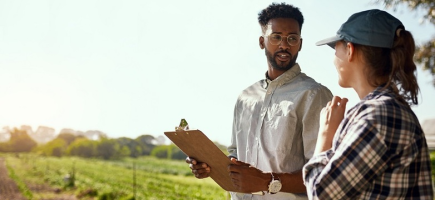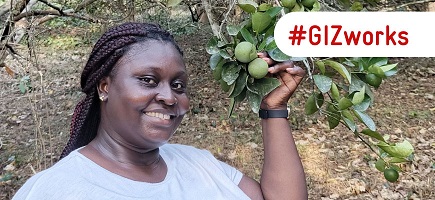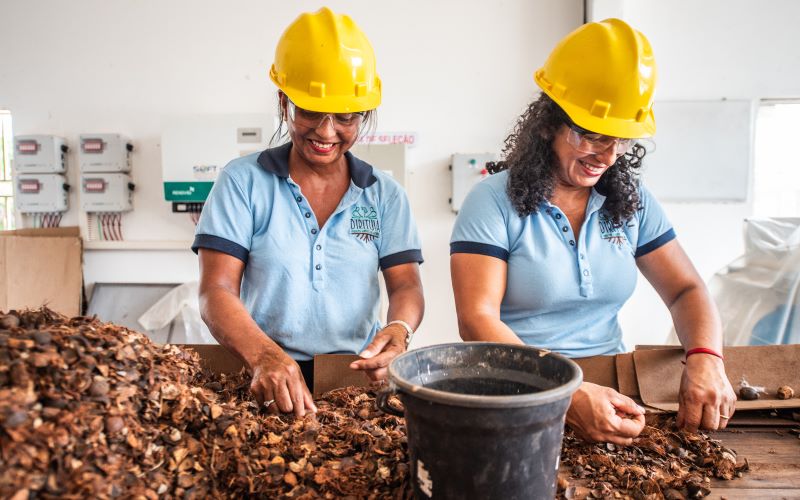
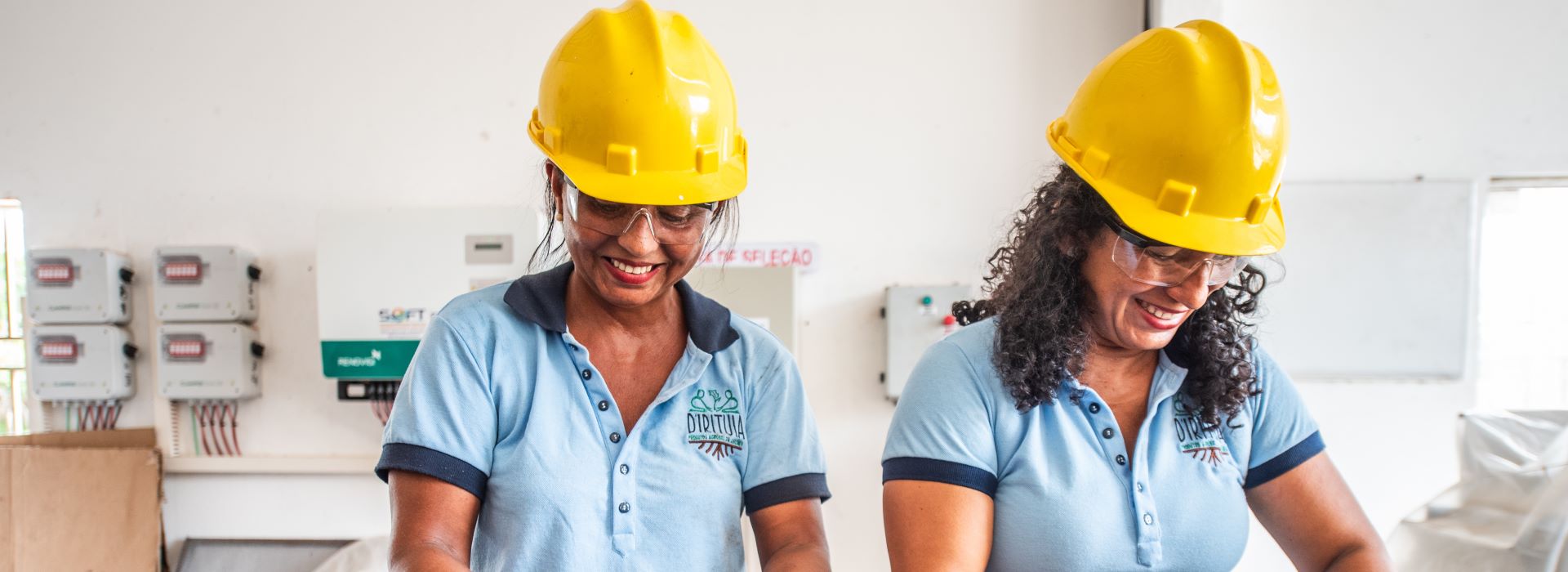
Economic development and employment: Combining business and development
develoPPP supports companies that invest sustainably in a developing and emerging country. And has done so for the past 25 years.
An ice cream that tastes like vanilla is not always made with real Bourbon vanilla. The vanilla aroma we all like so much is often derived from pine wood. It’s no wonder given that sourcing plants like vanilla in sufficient quality and quantity globally can prove challenging for companies in Germany. Many plants need a special climate. The rice we buy in Germany comes from Asia, the vanilla in our ice cream from Madagascar and the ingredients used in our cosmetics from the Amazon rainforest.
At the same time, companies want to – and are increasingly required to – demonstrate their compliance with supply chain sustainability standards. This can prove difficult when there is no close contact with the out-of-country farmers who, as is often the case, sell their products via intermediaries. In the worst-case scenario, companies based in Germany no longer know precisely where their goods originated from and whether local cultivation methods satisfy the required standards.
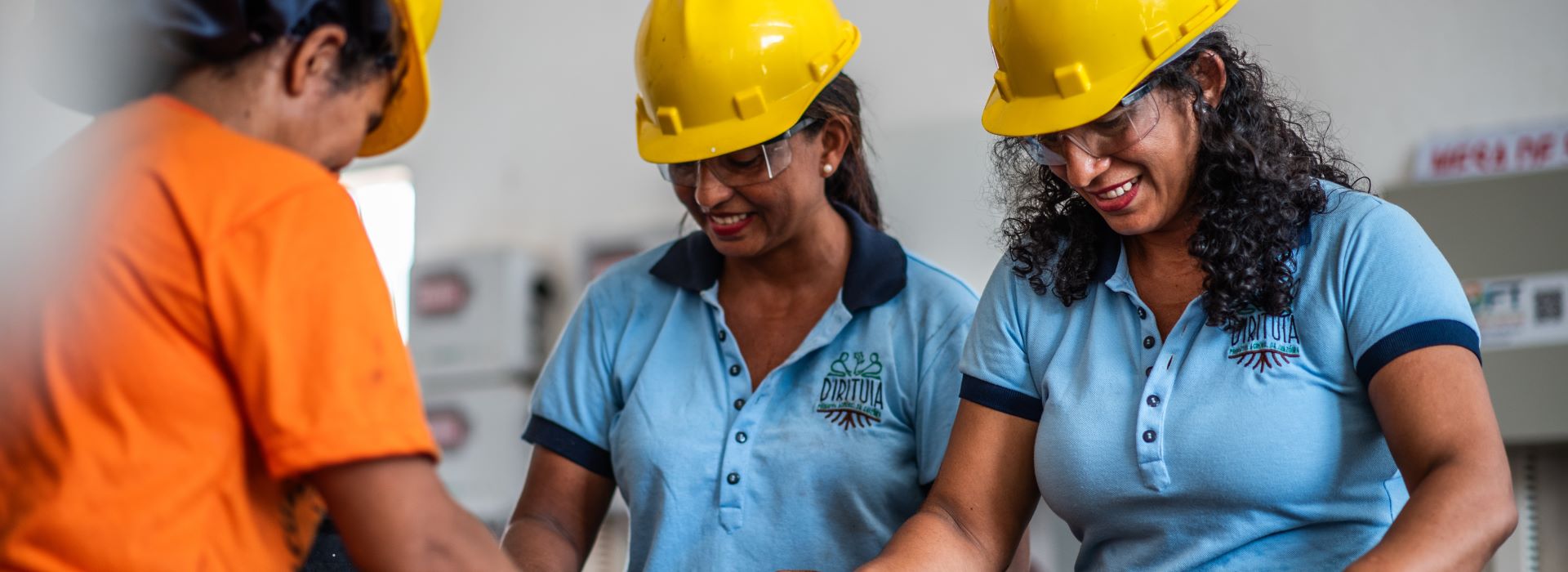
High-quality organic products
The mid-sized company Flavex in Germany’s Saarland region also ran into its own product sourcing-related challenges. Flavex produces plant extracts from organically grown botanicals which it sells globally for use in cosmetics or food products. This means the company needs high-quality herbs and medicinal plants: rosemary, sage and oregano for example. Since 2016, Flavex has sourced its herbs from an organic farming company operating in Albania. The Deutsche Gesellschaft für Internationale Zusammenarbeit (GIZ) GmbH helped Flavex to build up this enterprise with support from the develoPPP programme.
With a total budget of EUR 475,000, Flavex worked with an Albanian supplier to start up and grow the enterprise. Flavex financed more than half of the costs, with the remainder provided by develoPPP. The two companies leased land for cultivation, purchased seed and all-terrain machinery and trained the workforce, while GIZ secured water supply on the rented land.
The new business enterprise generates value added for the region. The Cape of Rodon is a rural area where people, men for the most part, used to eke out a living from fishing. Many agricultural areas lay fallow, but thyme, balm and oregano grew wildly in the region anyway. The new enterprise has opened up fresh income-earning opportunities, especially for the women who already harvested the plants for personal use beforehand.
While this has led to new ways of earning an income for rural families in Albania, Flavex has gained a certified supplier of organic herbs.
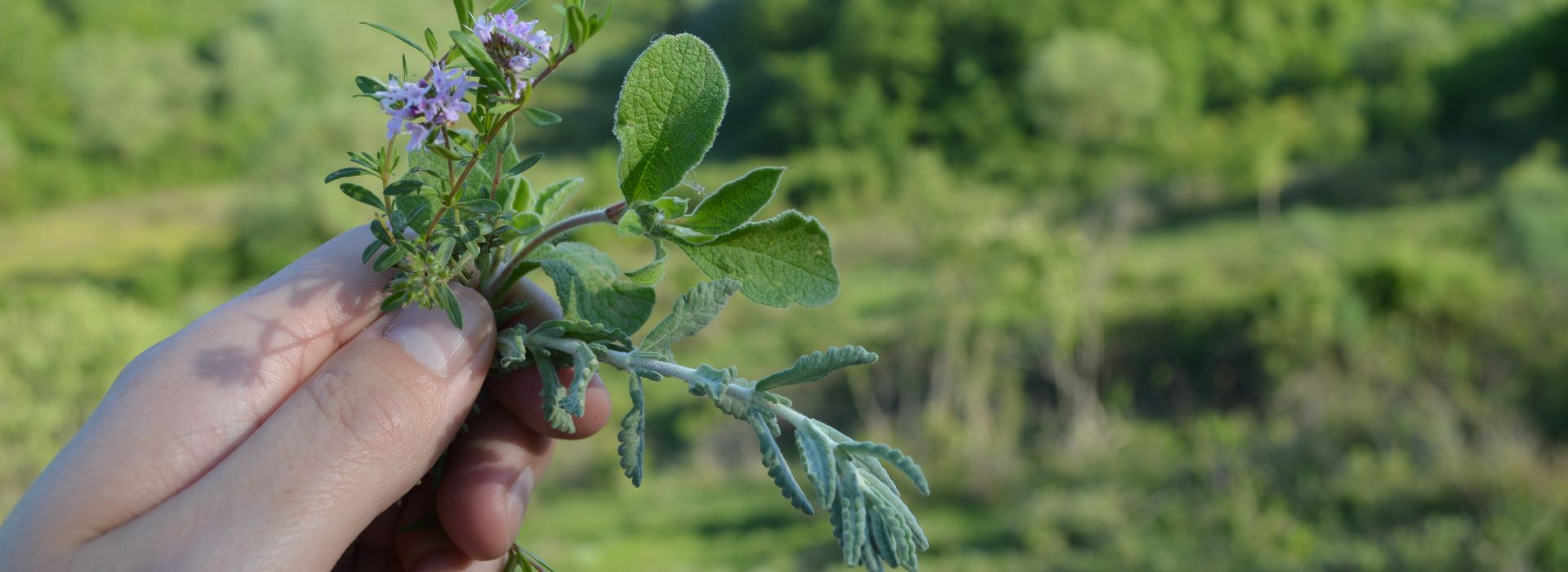
25 years of develoPPP
Cooperation between Flavex and GIZ was rooted in the develoPPP funding programme run by Germany’s Federal Ministry for Economic Cooperation and Development (BMZ). In 2024, the programme is celebrating its 25th anniversary. Through develoPPP, GIZ supports companies that do business in developing countries and emerging economies. The idea behind it all is that by investing on site, private companies generate jobs, foster local value creation and drive innovation – and in this way develop people’s prospects. Projects are eligible for support if they combine a business interest with a development impact, such as better upskilling or higher environmental standards. BMZ subsidises up to 50 per cent of such investments, while GIZ supports the projects with its robust networks and specialist expertise. On behalf of BMZ, GIZ has initiated more than 1,050 development partnerships with companies since the programme first got underway. Its economic partners include business heavyweights such as Siemens or Continental as well as medium-sized businesses like Flavex.
And it works. Over the past five years alone, more than 218,000 people have increased their income thanks to develoPPP and more than 12,000 have found a job. At the same time, roughly 131,000 people have seen their working conditions improve.
With our joint project we have shown how the organic cultivation of medicinal and aromatic plants has created new jobs for skilled workers in Albania and sustainably secured our supply of raw materials.
Collaborating to improve working conditions
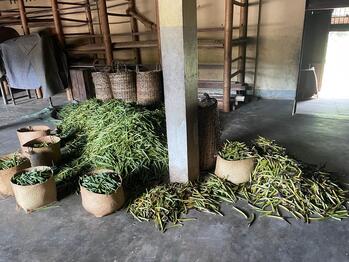
As it happens, most vanilla is grown in Madagascar. Here, the German aroma producer and DAX-listed company Symrise, the consumer goods company Unilever and GIZ are engaged in a combined effort to improve cultivation and working conditions. Thanks to their collaboration, more than 5,000 smallholders have been able to raise their incomes by more than 20 per cent to date, meaning real vanilla goes into making ice cream or cakes. And all with the support of develoPPP, of course.
Last update: July 2024
